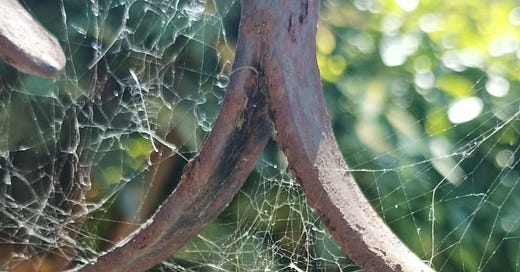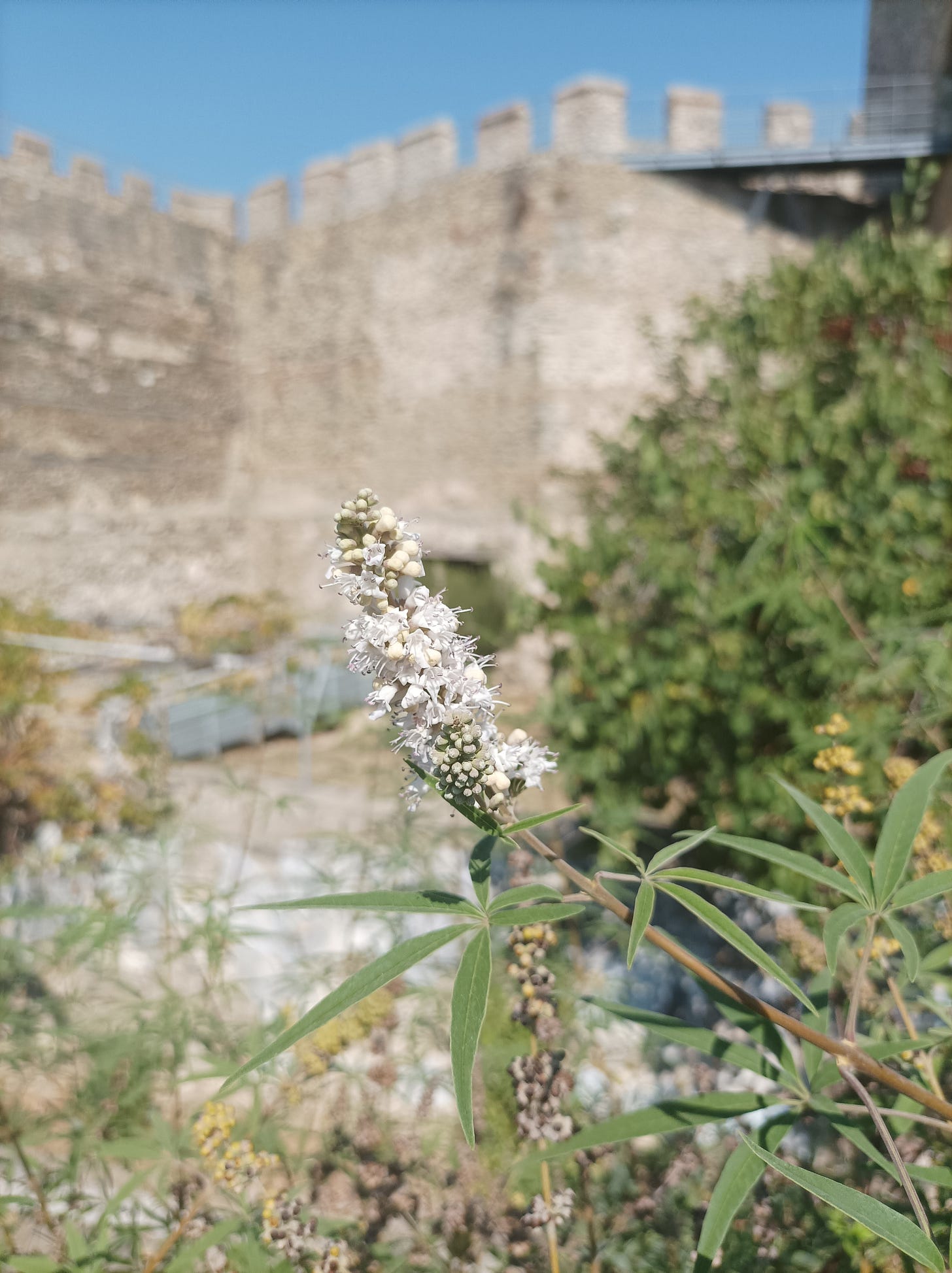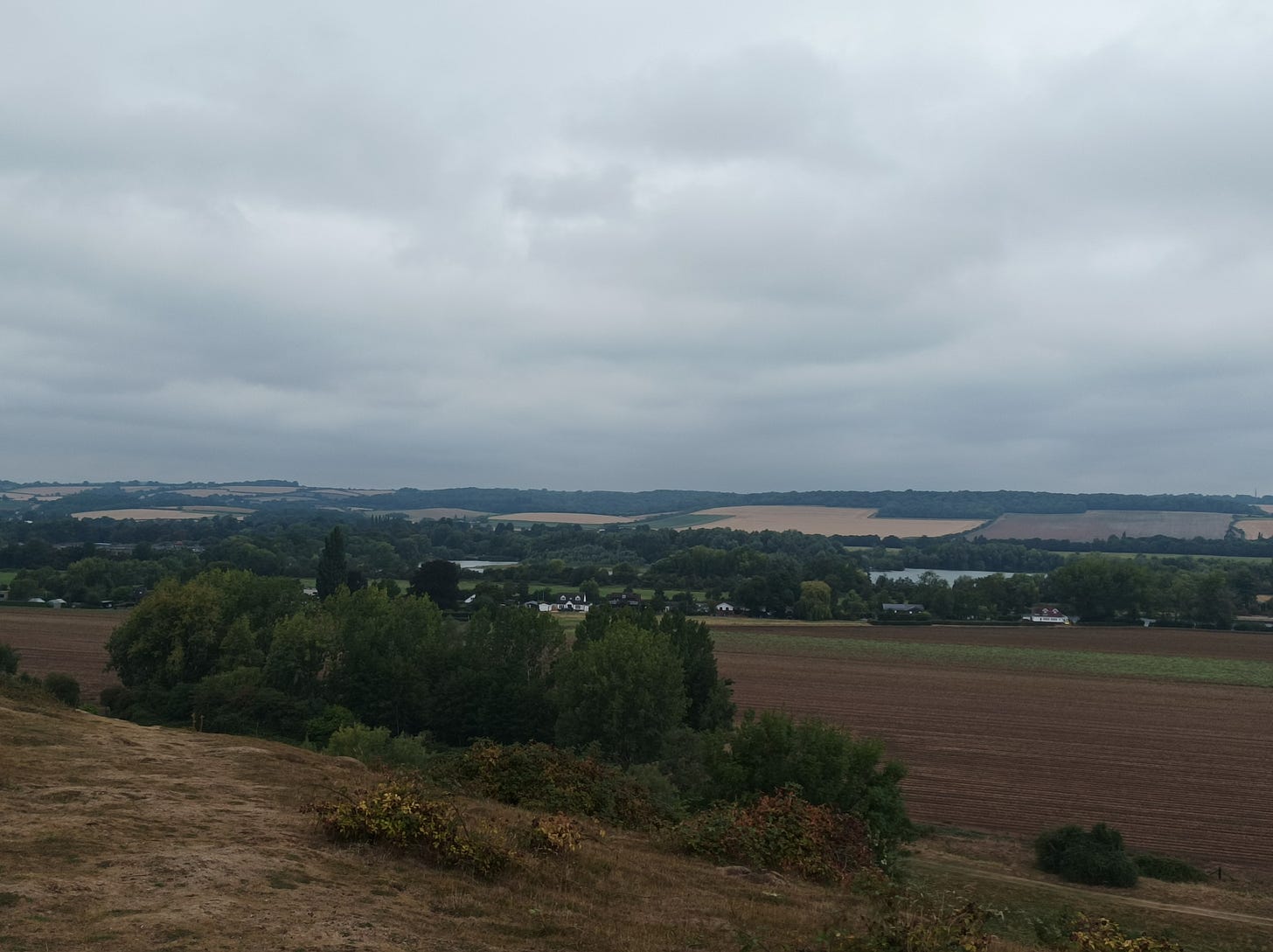The pain of place: Return to red kite country (Part 3)
Memory is defined as the ability to remember, but the way memory works is disconcerting because it isn’t only your mind that remembers.
When I visit the house I left when I was a teenager, I find the shape of the place is burnt into not only my mind, but also my limbs. As I ascend and descend the stairs, three at a time, or place my hands on the bannisters and swing my legs, leaping in an arc over the last six steps, my mind plays no part in it. It is pure muscle memory. The first time I came back here, after years, my body shocked my mind by galloping down those stairs. I would never do that in my own house, on the stairs of the home I own now. I do not know them well enough. I would slip, I would fall. But in the house I grew up in, my limbs remember.
Memory is disconcerting, because not all our memories are really ours. I can tell you stories of my dad’s misadventures as a kid, the layout of his house, the temperament of his father and his dog - but I wasn’t there, never saw that house, never met that dog. I see it with my daughter now, asking for the same anecdotes over and over again, wanting so badly to remember a grandfather she never really knew.
But memories we haven’t experienced go deeper than that. I was fascinated by Jean M. Auel’s idea in The Clan of the Cave Bear about ancestral memory. Of course, there is no scientific evidence of humans experiencing this, but it’s an interesting concept. After all, salmon, migrating birds and butterflies remember the way to places they have never been, so why not people? Perhaps this is something we have lost during our evolution… or perhaps it lingers on in the collective unconscious.
Memory is disconcerting, because places hold memories that don’t belong to us at all. Places have always got inside my head. I don't only see, hear and smell a place - I feel it too. Visiting the Heptapyrgion in Thessaloniki - a fortress that later became a prison - gave me one of the most awful feelings of my life, and the place had been deserted for years. Misery and despair hung in the air there, emotions that twisted my stomach and made me feel hollow, although they weren’t mine.
Memory is disconcerting, because you never know when it might crop up. At the Easter celebrations outside the Orthodox church in my neighbourhood, kids were throwing huge firecrackers whose explosions reverberated in our chests. Several young children were crying because the noise was so loud, but I saw an old woman crying too. I wondered what those bone-rattling explosions reminded her of.
Memory is disconcerting because it’s exciting, at first, to ‘take a trip down memory lane’. Nostalgia is nice initially, but then it starts to weigh on you. There is a Pyx Lax song called Old Loves Go to Paradise, but they don't. They inhabit the places they know - they haunt them like ghosts. In my old hometown, I tell my children This is where... and this is where... But then there are all the memories that I don't give voice to, because they are too sad, or painful, or beautiful.
It’s strange what still matters, after all this time.
I am like a ghost here too. I am haunting places that belong to 2024, but I am from another century. I am a time-traveller, and soon I will get back into my Aegean Airlines capsules and return to my time, trailing whisps of memory - mine, and others’, and memories of place.
Liminally yours,
K







